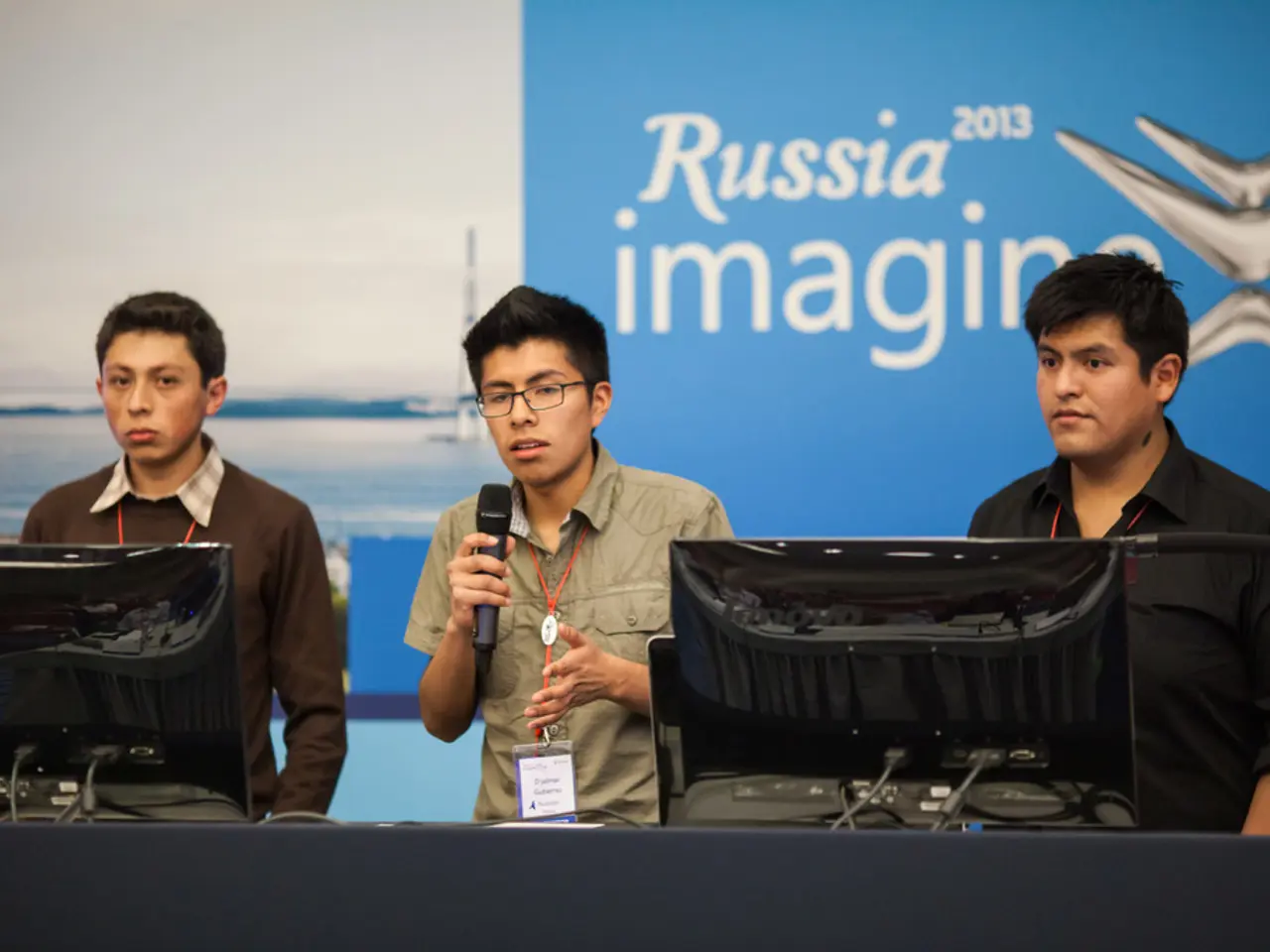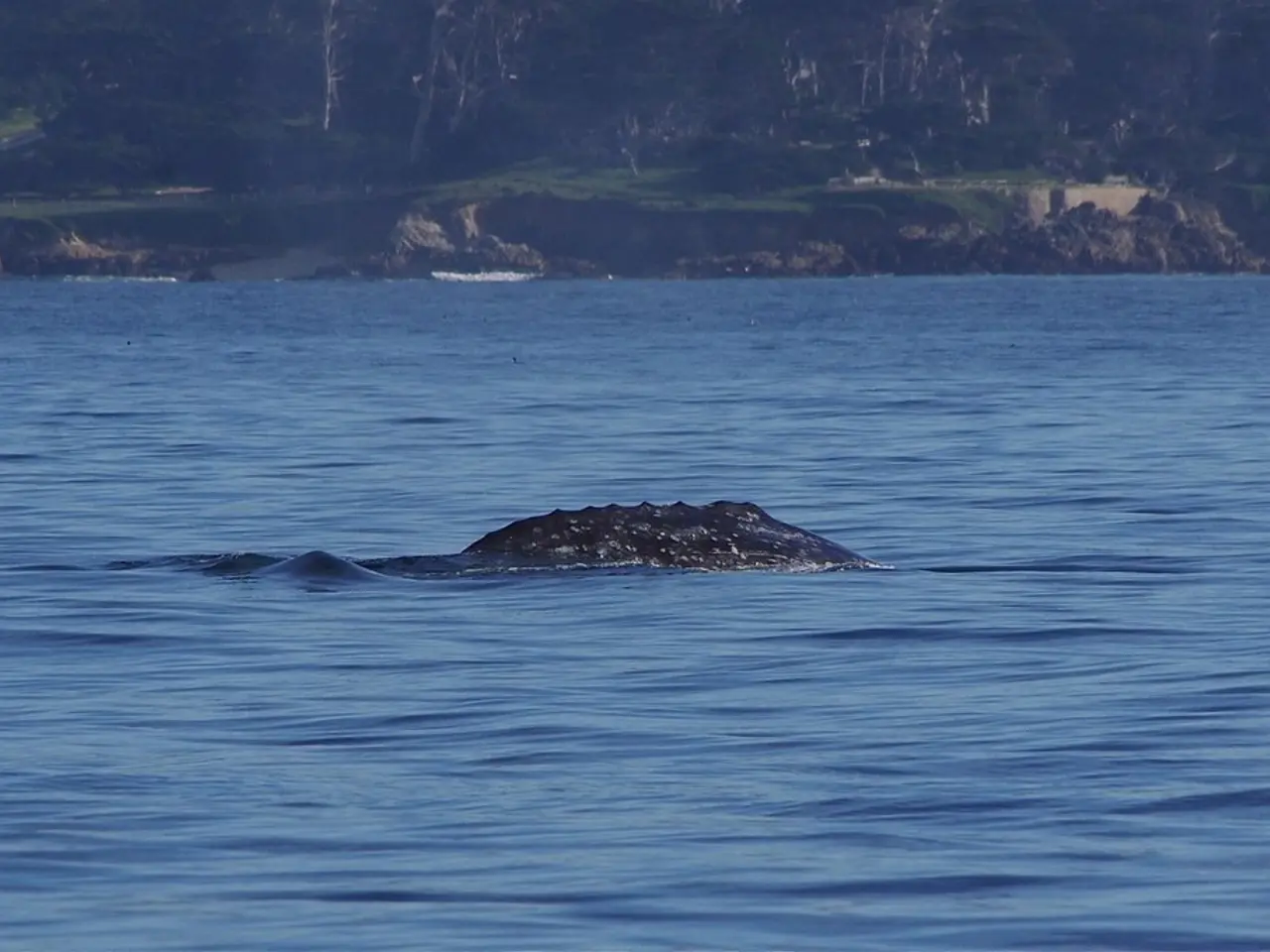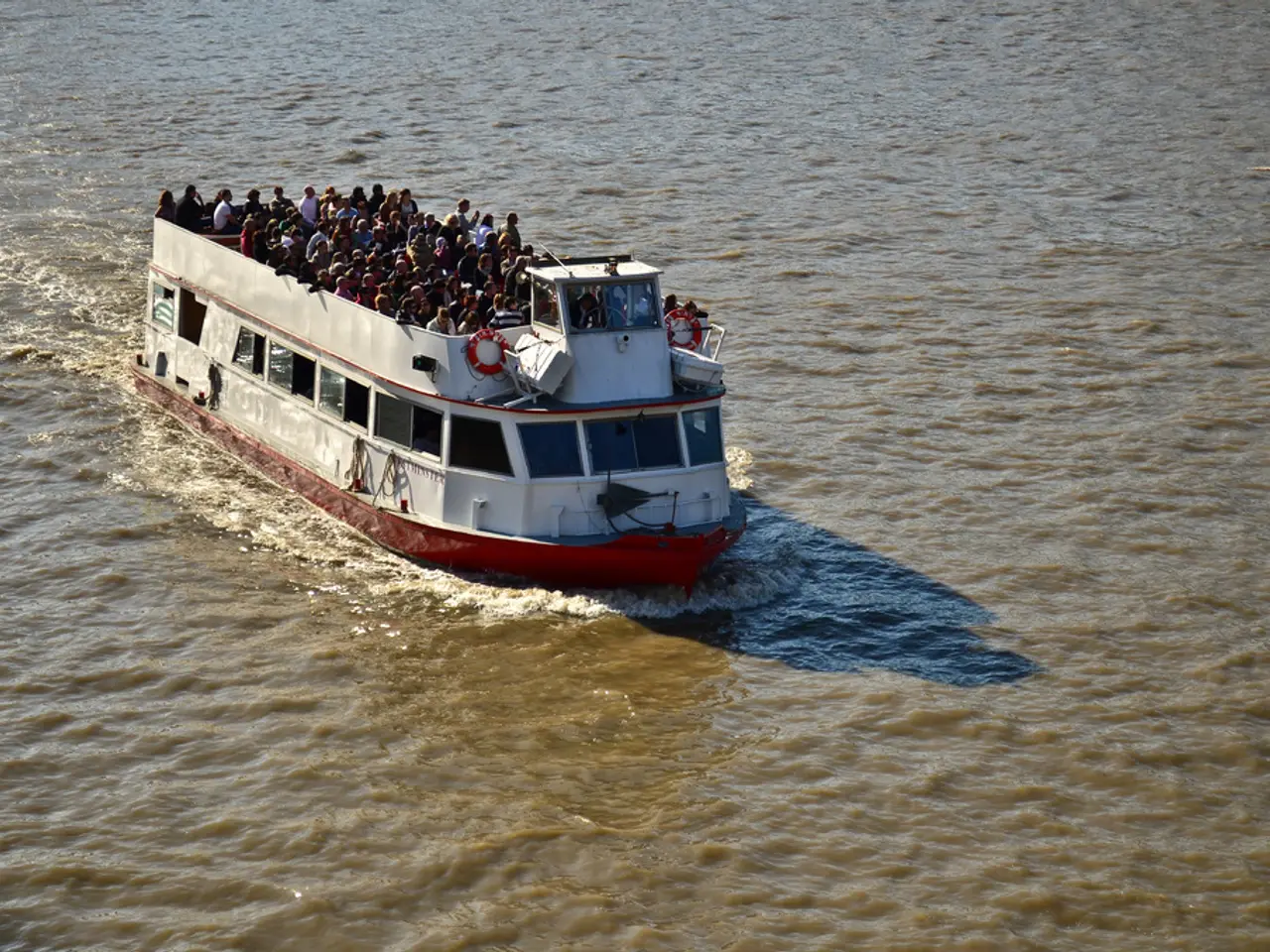Thailand and Cambodia Agree to Maintain Peace Treaty
Thailand and Cambodia Agree on Ceasefire Measures Following Emergency Meeting
Thailand and Cambodia have agreed to uphold a ceasefire and maintain current troop positions along their shared border, following an emergency session of the Thai-Cambodian General Border Committee (GBC) held in Kuala Lumpur, Malaysia.
The fragile ceasefire, which has been in place since July 28, 2025, is facing challenges due to persistent distrust between the two nations. Disputes remain over border demarcation and accusations such as Cambodia planting new landmines that injured Thai troops.
However, both countries have reaffirmed their commitment to the ceasefire and agreed to new measures to deescalate tensions. These measures include allowing ASEAN observers to monitor compliance along the border. A temporary observer team will be established, comprising ASEAN defense attaches based in Thailand and Cambodia, led by Malaysia, to regularly monitor the area without crossing the border.
Joint demining operations are a priority to reduce landmine hazards, but these have faced challenges due to mutual mistrust and accusations of new mines being laid. Efforts to prevent cross-border crimes and illegal crossings are part of the dialogue but have yet to be fully formalized publicly.
Regarding future plans, both sides have agreed to avoid military provocations and the dissemination of false information. They have also pledged to strictly observe international agreements, including immediate repatriation of deceased personnel and prompt return of prisoners of war following the complete cessation of hostilities, in line with the Third Geneva Convention.
An RBC meeting is scheduled within two weeks, with another GBC session to follow in one month to review the implementation of agreements. Gen Nattaphon, the Thai deputy defense minister, said that Malaysia has committed to act as a facilitator for dialogues between the two countries.
Despite these agreements, mutual distrust remains, especially concerning border demarcation and landmine accusations. Lt Gen Boonsin, the Thai military chief, dismissed a call by Cambodia's Senate President to stop deploying F-16 jets in the conflict and to stop selling combat aircraft to the Thai government, stating it as an internal matter. Lt Gen Boonsin also stated that they will use the F-16 jets to defend their sovereignty.
The matter is expected to be resolved bilaterally, with ASEAN acting in a supporting role, according to Mr. Anwar, the Malaysian Prime Minister. The success of the agreement will depend on sincere cooperation from both nations, as stated by Gen Nattaphon. This situation remains dynamic, with progress dependent on building trust and genuine cooperation between Thailand and Cambodia, leveraging ASEAN’s and international support.
- The ceasefire between Thailand and Cambodia, currently being monitored by ASEAN observers, is a significant political development in the context of ongoing war-and-conflicts along their shared border.
- Despite the agreed measures to deescalate tensions and discourage military provocations, the general news surrounding the Thailand-Cambodia border dispute is marred by mutual distrust, particularly over disputes regarding border demarcation and allegations of landmine usage.








